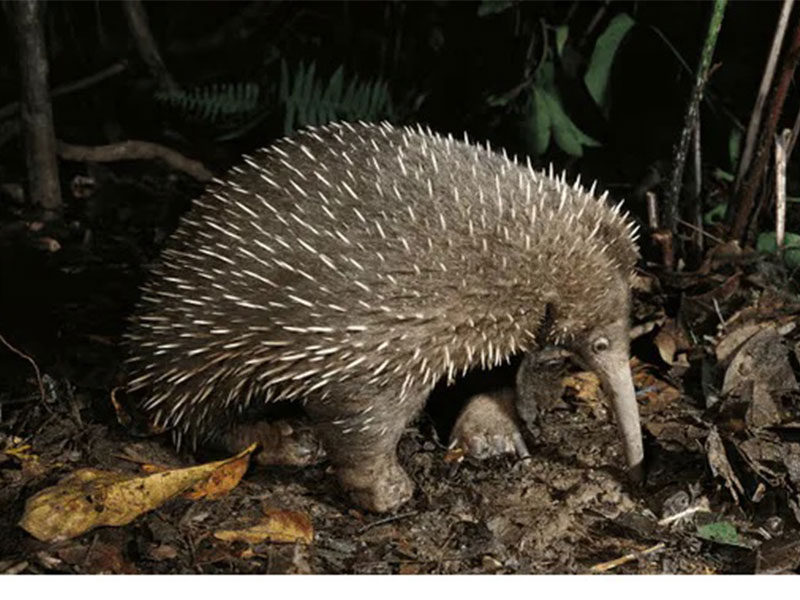The rediscovery of Attenborough’s long-beaked echidna, a rare mammal that had not been seen since 1961 has been reported. It was rediscovered in the Cyclops Mountains of Indonesia by a team of scientists from Oxford University and the Indonesian conservation group Yappenda.
The echidna is a shy, nocturnal burrow-dweller that is notoriously difficult to find. It is also a member of the monotremes, an egg-laying group of mammals that separated from the rest of the mammal family tree about 200 million years ago.
The team of scientists spent four weeks trekking through the Cyclops Mountains, surviving an earthquake, malaria, and even a leech attached to an eyeball. They used 80 remote cameras to capture images of the echidna, and it was only on the last day of the expedition that they found the footage they were looking for.
The rediscovery of Attenborough’s long-beaked echidna is an important event for conservationists. It shows that even in the most remote corners of the world, there are still new and exciting discoveries to be made.
The echidna is embedded in the local culture of the Yongsu Sapari people. There is a tradition that states that conflicts are resolved by sending one party to the forest to search for the echidna and another to the ocean to find a marlin. The fact that both creatures are seen as so difficult to find is a testament to the importance they hold in the culture of the Yongsu Sapari people.







